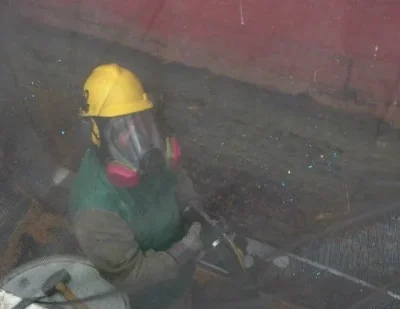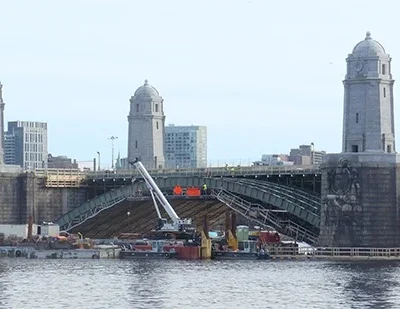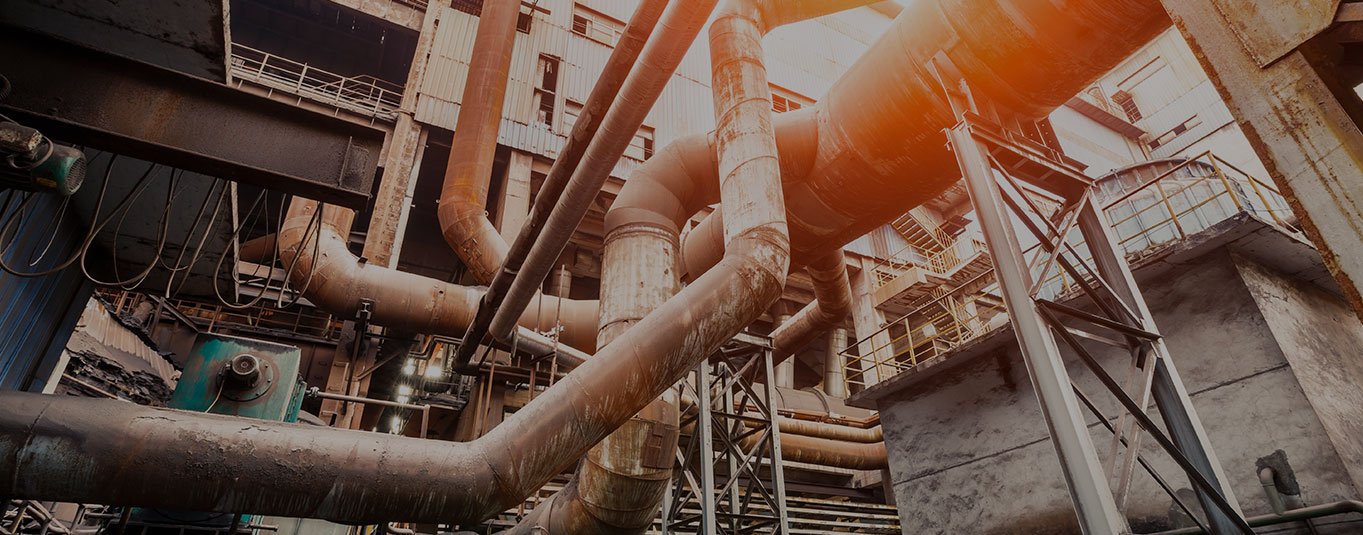Nestled on New York City’s prestigious 5th Avenue, the iconic Guggenheim Museum, conceived by the legendary Frank Lloyd Wright, faced the inevitable toll of time after five decades. The museum’s distinctive exterior concrete rotunda, which gracefully expands upward, revealed numerous fissures, from fine lines to significant cracks that laid bare the steel reinforcements within its 5-inch-thick concrete walls. And that was only the damage visible to the eye, beneath layers upon layers of coatings applied throughout the years.
Embarking on a Restoration Journey
To chart a path for restoration, a dedicated team of architects, engineers, and restoration experts harnessed laser scanning and ground penetrating radar technologies. These tools provided a 3D visualization, revealing the hidden conditions of the steel reinforcements and informing their comprehensive repair strategy. However, a significant hurdle lay ahead: removing 50,000 square feet of aged coatings from the museum’s facade without resorting to traditional, dust-generating methods.
A Delicate Balance: Safety and Precision
Given the health hazards posed by respirable crystalline silica dust, generated through standard sandblasting—a fact underscored by the U.S. Occupational Safety and Health Administration (OSHA)—the Guggenheim’s team sought a solution that would mitigate airborne contaminants. Their goal was not only to preserve the integrity of the museum’s structure but also to protect the surrounding community from exposure.
After a thorough evaluation of various blasting media and techniques, the decision was made to utilize Sponge-Jet’s Sponge Media™. This innovative approach uses sponge-coated granules for micro-abrasion, efficiently stripping away old coatings while capturing up to 99 percent of potential airborne particles. The selected Sponge-Jet Silver 120 Sponge Media™ not only excelled in removing base coatings swiftly but also ensured that the building’s original texture remained unaltered.
Innovation in Preservation
The application of Sponge-Jet’s Silver 120, imbued with 120-grit Aluminum Oxide, was pivotal in identifying over a thousand areas of damage, including those where concrete loss had exposed the underlying steel to the elements. “The process had to be dry to prevent further corrosion of the steel reinforcement,” explained Andrew Wilson from Nicholson & Galloway, the firm behind the museum’s restoration. The clean rebar received a protective coating of MAPEI Mapefer 1K corrosion inhibitor, followed by meticulous concrete repairs and texture corrections—a nod to Wright’s original vision—using MAPEI products.
The project culminated with the application of a robust elastomeric coating system by Nicholson & Galloway and H&S Environmental, ensuring the museum’s defense against water intrusion and the effects of freeze/thaw cycles.
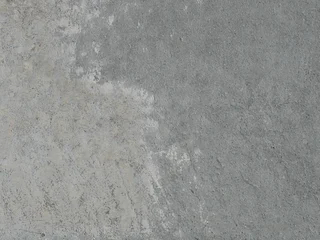
Innovative Solution: Sponge Media and Robotic Blasting
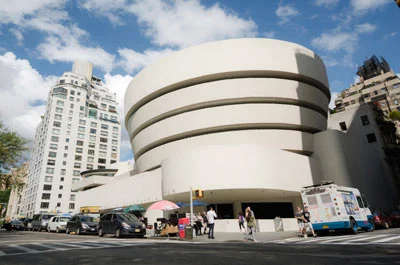
The discovery led Johnson and his team to consider Sponge Media and robotic blasting as an alternative. After consulting with a technical expert from Sponge-Jet and evaluating previous similar projects, they arranged for a demonstration. This approach promised a quicker, more efficient removal process.
Johnson noted the efficiency of using robotic blasting with Sponge Media. “The robotic system allowed us to adjust the speed and direction of blasting remotely, significantly speeding up the process compared to traditional methods,” he said. This method not only accelerated the project but also introduced a safer, more environmentally friendly approach to removing the thick coal tar enamel.
Reflecting on the Journey
The four-year, $29 million restoration endeavor underscored the effectiveness of Sponge-Jet’s technology, particularly its contribution to creating a safer, dust-reduced working environment. This approach aligns with OSHA’s recommendation to substitute crystalline silica with less hazardous materials whenever feasible, highlighting Sponge-Media’s classification as a “less toxic” alternative.
“We were extremely pleased with the outcome, especially the reduction in dust,” Wilson remarked, celebrating the project’s success in preserving one of New York City’s architectural jewels for future generations.
ADDITIONAL SPONGE-JET CASE STUDIES
Contact BlastOne
We love to talk to customers and help them make the best decisions when purchasing equipment.
You can reach us via our Live Chat, Email, Phone, and Online Form.
 My Account
My Account

